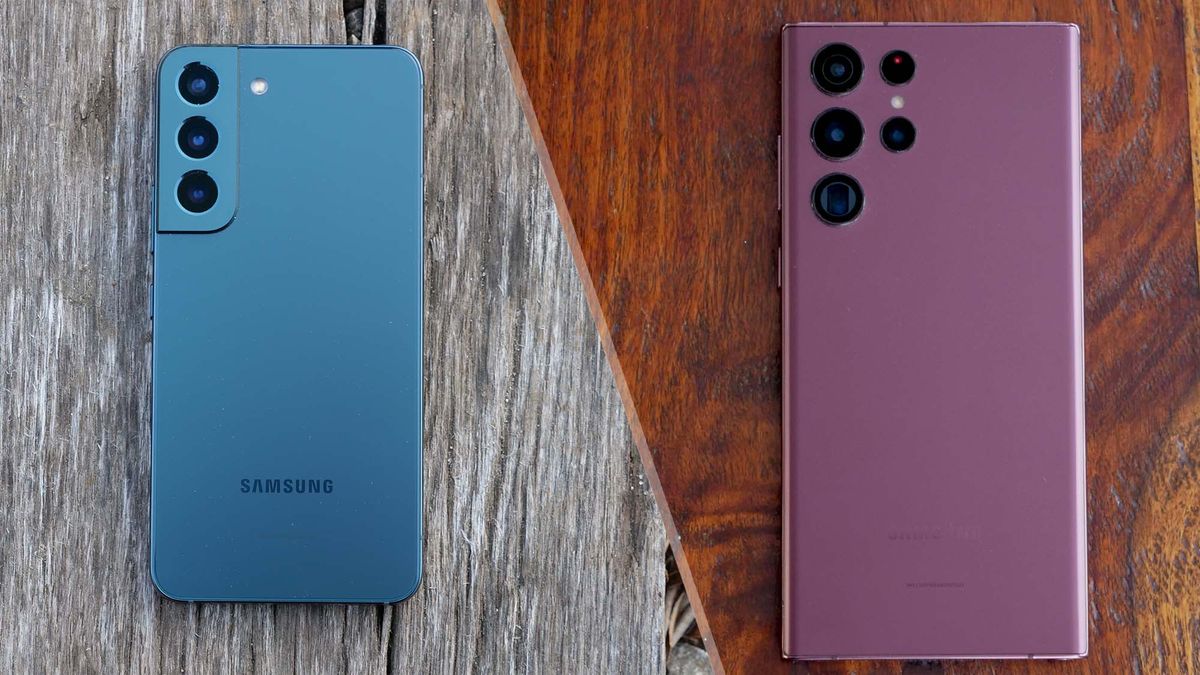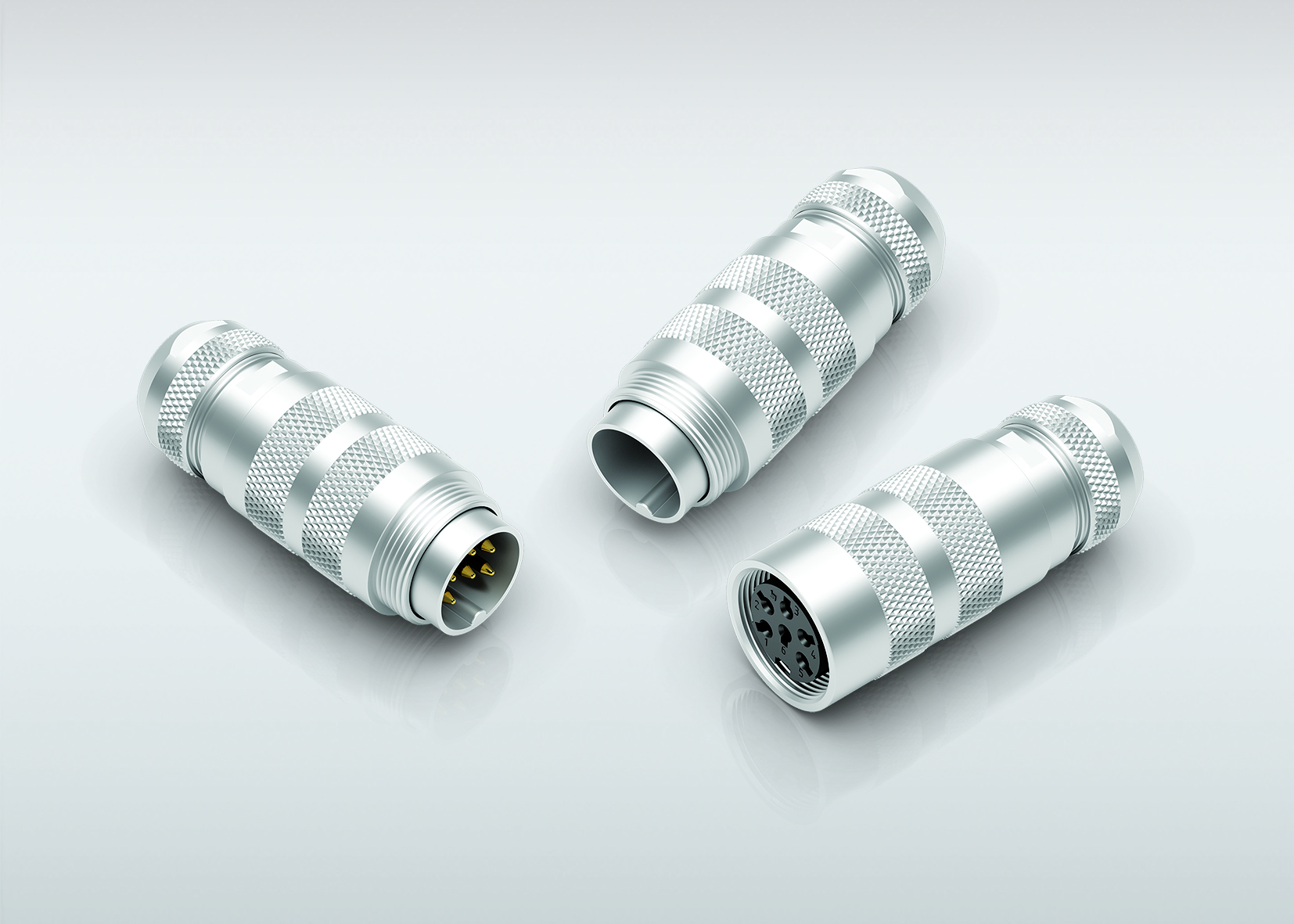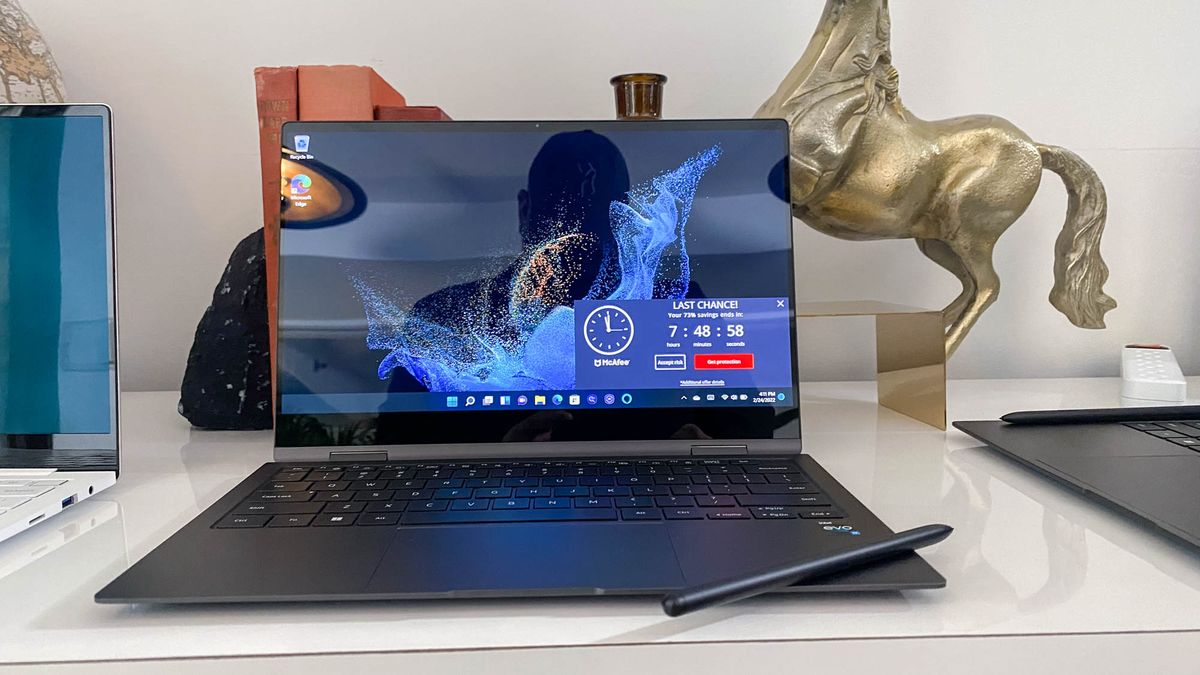While I will spare you the suspense and confirm that the $1,200 Samsung Galaxy S22 Ultra features a better overall camera experience than the $800 Galaxy S22, the question I’m really looking to address is whether it is $400 better.
On top of the cost difference, which is 50% higher for the base model Galaxy S22 Ultra, there’s also a size trade-off. Not everyone wants to carry a phone with a massive 6.8-inch display. The Galaxy S22, packed with a 6.1-inch display, is a much more pocketable phone that still features an excellent triple camera array.
We’re going to take a look at the hardware differences between the two. We’ll also compare photos taken with each lens to determine whether the Galaxy S22 Ulta is worth the extra money or if the Galaxy S22 (or the identical cameras in the Galaxy S22+) is the better choice.
Galaxy S22 vs. Galaxy S22 Ultra Cameras: Hardware
This is a more interesting discussion than it was for last year’s models as the Galaxy S22 has a significantly upgraded primary sensor, while the Galaxy S22 Ultra’s sensors are basically a rehash of the Galaxy S21 Ultra.
Looking at the Galaxy S22, it features a triple rear camera array with wide-angle, ultra-wide and telephoto lenses. The wide-angle lens is the big upgrade with a move to a 24% larger 1/1.56” 50MP sensor with an f/1.8 aperture and 1.0 μm pixels. These enhanced specs imply much better low-light performance compared to the Galaxy S21. The f/2.2 ultra-wide lens sticks to the same 12MP sensor as last year. Finally, the telephoto gets a confusing update with a much lower 10MP at f/2.4 compared to its predecessor (64MP at f/2.), but it now offers a true 3x optical zoom versus a 3x hybrid zoom.
On a surface level, the Galaxy S22 Ultra cameras sound identical to last year with that eye-popping 108MP f/1.8 wide-angle, a 12MP f/2.2 ultra-wide and a pair of 10MP telephoto lenses (3x f/2.4 and 10x f/4.9).
Winner: Galaxy S22 Ultra
Galaxy S22 vs. Galaxy S22 Ultra Cameras: Wide-angle lens
This is easily the biggest shift from last year; the primary camera on the Galaxy S21 didn’t hold a candle to the Galaxy S21 Ultra. The Galaxy S22 Ultra is now feeling the heat from its smaller sibling.
For the first sample, I’ll look at a nearby mural that I often use for photo tests. Move the slider to view more of the sample from either phone. While reasonably similar, the Galaxy S22 Ultra delivers a more saturated shot than the Galaxy S22. It’s most noticeable on the reddish-orange background of the mural, but it’s perceptible in the sky as well, with the blues slightly washed out on the Galaxy S22. Despite the Galaxy S22 and Galaxy S22 Ultra’s 50MP and 108MP native resolutions, respectively, both produce 12MP images due to pixel binning (combining multiple pixels for a sharper, brighter image). Still, zooming in on the Ultra reveals cleaner detail.
Next, I wanted to look at a Nightography (Samsung’s branded name for its night mode) sample. Here, you’ll see the Galaxy S22 benefitting from that large new sensor. Viewed on a phone screen, I would challenge anyone to tell the difference between these two shots. The noise-free blue-black sky looks beautiful on both. The details and coloring on both the nearby brick building and the fountain in the foreground are fantastic, considering there was no ambient light behind me. Zooming in on the image on my big monitor, the Galaxy S22 Ultra holds up better to close inspection, but that is pixel peeping to a degree that isn’t a worry for most people.
The Galaxy S22 Ultra still has the better primary wide-angle camera, but it’s a near thing now.
Winner: Galaxy S22 Ultra
Galaxy S22 vs. Galaxy S22 Ultra Cameras: Ultra-wide lens
For the ultra-wide, we are going back to the mural, and with the ultra-wide hardware matching up identically between the two, it’s not surprising that this is an even closer finish. The Galaxy S22 Ultra again pushes the colors a bit further than the Galaxy S22 with a pop to the sky and mural that isn’t present on the Galaxy S22. However, the Galaxy S22 does a much better job managing the bright clouds on the right side of the image, retaining detail that the Galaxy S22 Ultra completely blows out.
I chose that sample as it was unusual in showing any kind of difference in how the two phones handled an ultra-wide photo. Far more common was an identical result, such as the sample of the fountain in daylight this time below. Without looking at the image data, I couldn’t discern which phone captured these.
Winner: Draw
Galaxy S22 vs. Galaxy S22 Ultra Cameras: Telephoto lens
This was the other big change for the Galaxy S22 from last year, with a true 3x optical zoom now, matching the smaller zoom lens on the Galaxy S22 Ultra. Even more so than with the ultra-wide, I didn’t find any meaningful or consistent differences between the images captured by the 3x telephoto on the Galaxy S22 vs. the Galaxy S22 Ultra. I took a photo of a nearby decommissioned train station from across the street. Even after pixel peeping for details, there is nothing to pick out.
However, the Galaxy S22 Ultra isn’t limited to a paltry 3x optical (I’m kidding, that is as much as most phones on the market offer) with a 10x optical zoom held in reserve for when you just have to snap a crystal clear photo of the moon handheld. I’m letting this sample shot of the moon from the Galaxy S22 Ultra stand alone as, like every other phone on the market, the Galaxy S22 can’t capture anything remotely like this.

Now the 100x hybrid Space Zoom may be ridiculous, but you can get useful shots at 20x zoom on the Galaxy S22 Ultra. While it may not be a daily occurrence, those do come up if you are trying to capture a landmark in the distance, or even your kids or pets at play. There’s no denying the 10x optical telephoto on the Galaxy S22 Ultra is a nice-to-have, not a necessity, but it’s also undeniably fun.
Winner: Galaxy S22 Ultra
Galaxy S22 vs. Galaxy S22 Ultra Cameras: Front-facing lens
While the front-facing camera on my phone is the least used by an order of magnitude, I am well aware that this isn’t the case for many users. I’m happy to subject myself to testing them to find out which will yield the best results.
Here again, the Galaxy S22 Ultra gets a notable hardware advantage. This time, it is borne out clearly in the photos. While both phones struggled with my hair in portrait mode, the Galaxy S22 Ultra produced a far sharper image of my face. Whether you choose to add some filters after the fact, you want a clean image to build from — and the Galaxy S22’s 10MP doesn’t match up with the 40MP sensor on the Galaxy S22 Ultra.
Winner: Galaxy S22 Ultra

Overall winner: Galaxy S22 Ultra
Shocking! No, of course not, I said at the outset that the Galaxy S22 Ultra was the better phone camera, but again that wasn’t the real question we were looking to sort out here. So is the better phone camera worth an extra $400?
That will depend on what kind of photos you take, as I demonstrated, there are some areas where you would struggle to see any meaningful differences. The ultra-wide lens and 3x telephoto sensors on these phones now give virtually indistinguishable results. Night mode photos from each are also outstanding this generation, so you aren’t taking a hit by skipping the Ultra.
The biggest difference by far is the 10x telephoto on the Galaxy S22 Ultra. While people underestimate the value of a solid telephoto on a phone, I think, for most, the 3x optical and roughly 8-10x digital that you can comfortably take with the S22 is sufficient. Yes, you can get unbelievable moonshots with the Galaxy S22 Ultra, but how many of those do you need or want?
While the delta between the two is smaller, the superior primary sensor on the Galaxy S22 Ultra is a bigger factor for most people. I consistently preferred the colors, exposure and detail that I got from the Galaxy S22 Ultra over the Galaxy S22. It’s not a night and day difference by any means, but there is a slight advantage, and for your most-used sensor, that’s significant if you rely on your phone as your primary camera.








